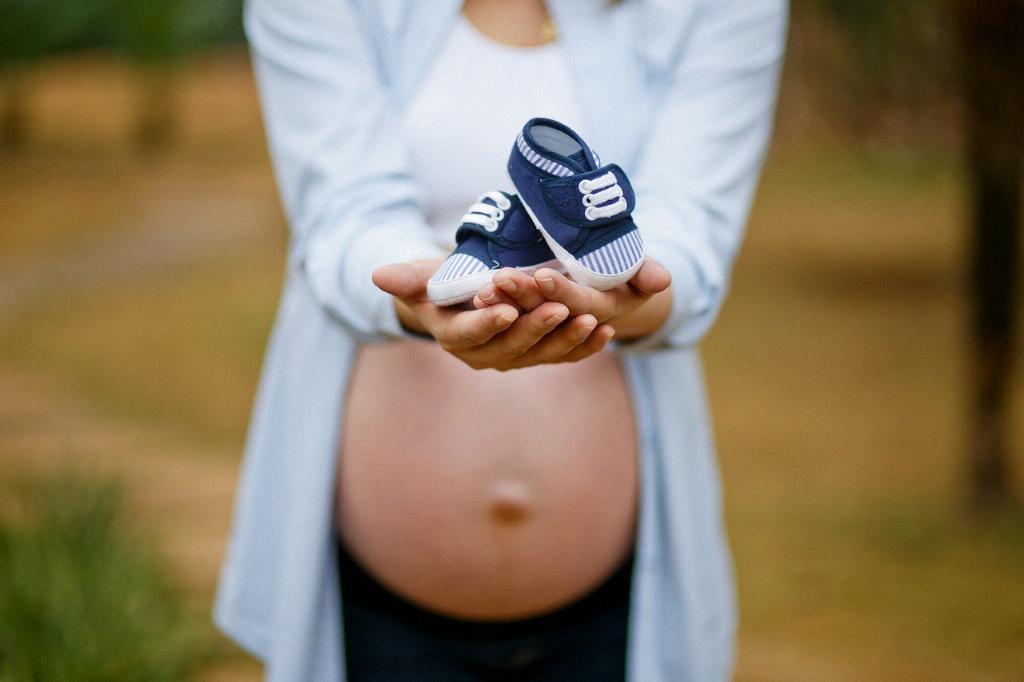Timing is crucial when it comes to taking a pregnancy test, especially if you want to ensure accuracy. According to the Mayo Clinic, it is recommended to wait until the day after a missed period to take a test. This timing can increase the likelihood of obtaining reliable results and reduce the chances of receiving a false negative.
If you are eagerly awaiting to find out if you are pregnant, it can be tempting to take a test as soon as possible. However, taking the test too early may not provide accurate results. It is essential to be patient and wait until after you have missed your period, as this will give the test the best chance of detecting the pregnancy hormone, hCG, in your urine.
It is also crucial to consider your menstrual cycle when deciding when to take a pregnancy test. If you experience a period that is lighter than usual or different from your typical menstruation pattern, it could be a sign of pregnancy. In such cases, it is advisable to take a test to confirm your suspicions.
While Dollar General pregnancy tests are affordable and convenient options for testing at home, it is essential to remember that the accuracy of the results can be affected by when you take the test. Waiting until after your missed period can help ensure reliable results and reduce the chances of uncertainty.
Being aware of your body and understanding your menstrual cycle can also play a significant role in determining the best time to take a pregnancy test. If you track your cycle and notice any unusual changes or symptoms that could indicate pregnancy, it may be a good idea to take a test to confirm your suspicions.
Factors such as stress, illness, or medication can also impact the regularity of your menstrual cycle and affect the timing of your period. If you suspect you may be pregnant but are unsure of when to take a test, consulting with a healthcare professional can provide guidance and support in making the best decision for your situation.
It is essential to follow the instructions provided with the Dollar General pregnancy test carefully to ensure accurate results. Taking the test in the morning when your urine is more concentrated can also help increase the likelihood of detecting the pregnancy hormone if you are indeed pregnant.
If you have irregular periods or are uncertain about when to take a pregnancy test, waiting a few days after a missed period can provide more clarity and accuracy in the results. Being patient and allowing your body time to produce enough hCG for detection can help avoid potential false negatives and unnecessary stress.
Ultimately, the decision of when to take a pregnancy test is a personal one that should be based on your individual circumstances and comfort level. It’s essential to listen to your body, pay attention to any changes or symptoms, and trust your intuition when deciding the best time to use a Dollar General pregnancy test.
In conclusion, while the excitement of finding out if you are pregnant can be overwhelming, it is crucial to wait until after a missed period to take a Dollar General pregnancy test for the most accurate and reliable results. Understanding your menstrual cycle, paying attention to any unusual symptoms, and following the test instructions carefully can help ensure a successful and informative testing experience.

